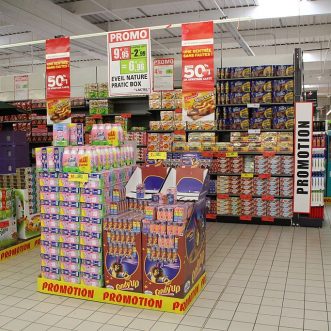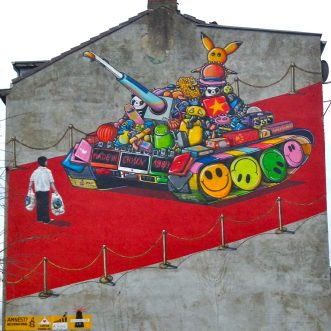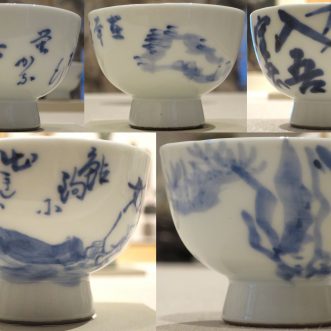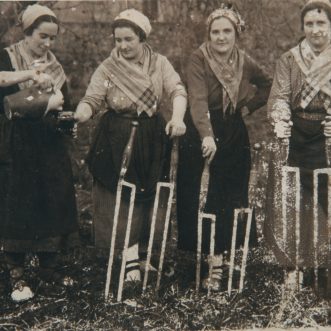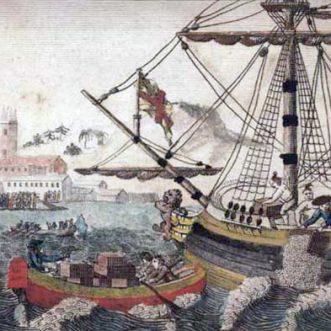September 6, 2019
We all have our own way of seeing the world – our own view of how we think it works, what motivates ourselves and others, what’s acceptable and what’s not. That worldview informs how we act in the world – what we read, what we watch, what we buy, who we are drawn to.
Much of that worldview can be based on fact – physics, for example – but a surprising amount of it is opinion. That makes everything political, because everything we do is a negotiation between our worldview and the worldviews of the people and organisations we deal with.
Life is easier if those negotiations mostly take place with people and organisations with whom we share important aspects of our worldview. People and organisations we feel an affiliation with.
But we have to be careful, because some people and some organisations, are willing to pretend to a worldview they don’t really hold, in order to win our affiliation and trust, for their benefit, not ours. And in our always-on, non-stop, social-media-driven globalised world, that is easier than ever to do.
That means 2 things:
As individuals we have a responsibility to each other as honest human beings, to put some effort into not being conned, by digging a bit deeper, checking that deeds match words, that the ‘person’ we are talking to is who they say they are, so that we can to be true to our own worldview.
And as businesses we need to be absolutely clear that what we promise is true, then fearless about sharing it.
If everything is political, we have more power than we think.
